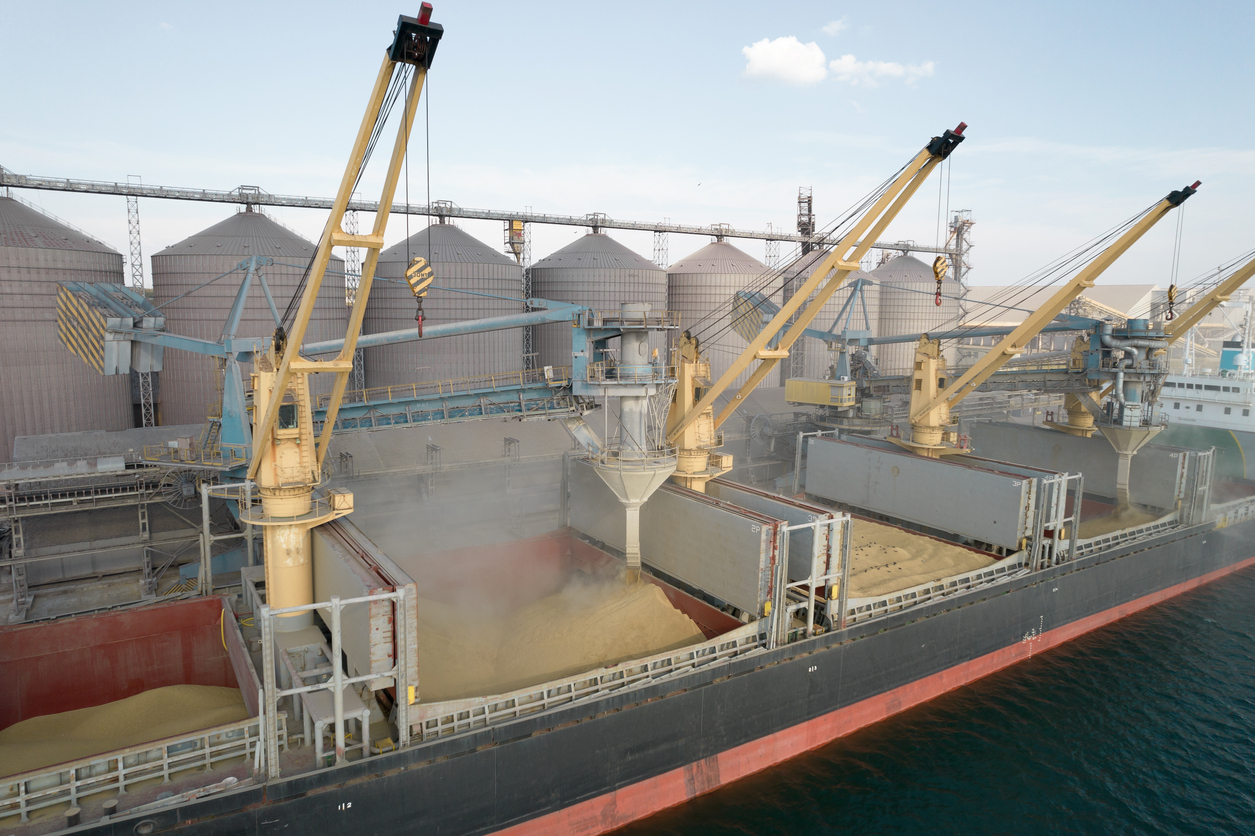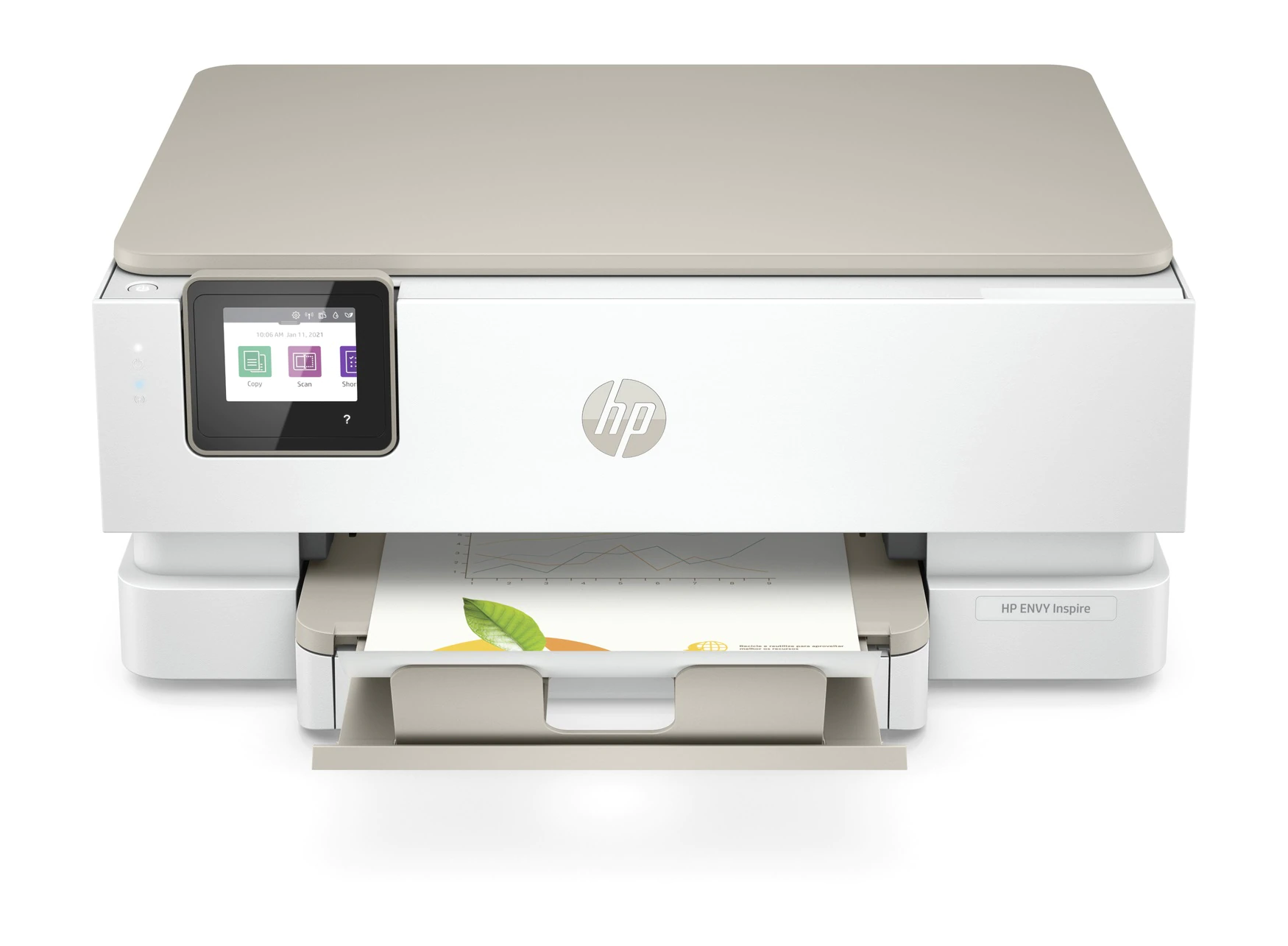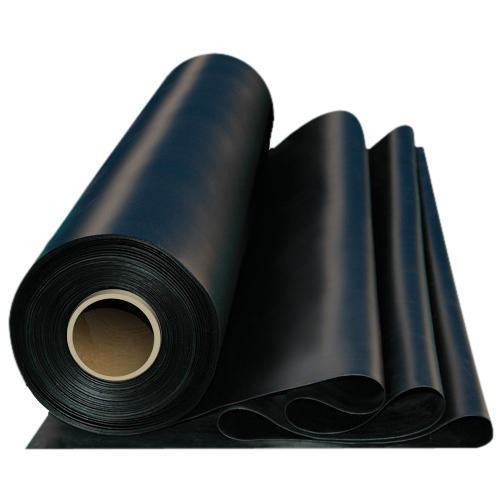How to Import Grain into Nigeria
Importing Grain: A Complete Guide to Shipping Your Grain from Overseas to Nigeria
There are various reasons why you might want to import grain from overseas. Perhaps you’re an investor or a trader who believes that there is a good market for imported grain, or perhaps your farm cannot meet the demand for a particular crop, or maybe you simply have access to cheaper imported grain than locally grown grain. Whatever your reason is, if you want to import grain from overseas, you need to be aware of how exactly this process works before making the final decision to go ahead with it. There are many things that need to be considered when importing grain from overseas, such as documentation requirements and the logistics of the entire process. In order to reduce the risk and make sure that everything goes smoothly with your shipment, we have created this Complete Guide to Shipping Your Grain From Overseas To Nigeria.
How to Import Grain from Overseas to Nigeria
Before you can even think about importing grain from overseas, you need to know what regulations are in place for importing such products. In Nigeria, there are two main types of regulations that need to be taken into account when importing any type of agricultural commodity: Import Restrictions and Import Restriction Levels. Import restrictions are implemented to protect local farmers and the local agricultural industry. They are applied to specific commodities and usually have very strict criteria that must be met in order to import the products. On the other hand, import restriction levels are applied to certain products that are usually imported as feedstock or raw materials. The import levels are usually set at a percentage of the total local production of the same commodity.
The Import Process for Grain (and other Commodities)
The process of importing grain (or any other commodity) from overseas to Nigeria can be broken down into three main stages: Pre-shipment, shipment, and post-shipment. These are three stages that you need to be aware of so that you can plan your importation accordingly. Pre-shipment Stage This is the stage where you will be doing all the necessary research and certain key decisions before your shipment even leaves the country of origin. You need to research the market to see if importing grain is actually viable. You also need to decide if you will be importing the grain in bulk or bagged. You also need to decide on your preferred shipping method and make sure that you have a complete plan in place for all the documentation and logistics involved. Shipment Stage This is the stage where your grain is actually being transported from the country of origin to the port in Nigeria. At this stage, it is important to make sure that your shipment is being handled properly so that you don’t end up with damaged goods. You also need to make sure that your goods are being shipped at the best time of the year so that they don’t get delayed unnecessarily. Post-shipment Stage This is the stage where your shipment has arrived in Nigeria and is either being cleared by the Nigerian Customs or is currently waiting at the port to be cleared. You need to make sure that you have all the necessary documents to clear your shipment. You also need to make sure that you have a Customs clearing agent who will help you clear your shipment or have a plan in place to clear the shipment yourself.
Required Documents for importing grain from overseas
Before your shipment of grain is cleared by the Nigerian Customs, they need certain documents to prove that the goods are imported and not being smuggled into the country. These documents are the ones that you need to make sure you have before your shipment is cleared. Bill of Lading: This is a document that confirms that your goods have been shipped and transported from the port of origin to the destination port. It also confirms the quantity, quality, and description of the goods that are being shipped. Commercial Invoice: This is a document that details the quantity and description of the goods that are being imported and the goods’ total value. Health Certificate: This is a document that confirms that your grain complies with the Nigerian SPS Standards for Grain Importation. It also confirms that your grain is free from any pests and diseases. HS Code Certificate: This is a document that confirms that your grain is not a subsidized product and it also confirms that your grain is classified in the correct HS Code. Packing List: This document records the details of the number of bags, their description, and the quantity of the goods being imported.
Shifting Procedures Before Exporting Nigerian Produce
Before you can actually ship your grain from overseas to Nigeria, you first need to make sure that you are only importing the types of produce that Nigeria currently has open seasons for. All countries have rules that determine which products can be imported during which seasons. These rules are designed to help protect local farmers. Once you have determined the type of produce you are importing, you need to make sure that you have a valid HS Code Certificate. You also need to make sure that the produce is free from pests and diseases (this is where the SPS Health Certificate comes into play). You also need to make sure that the produce is not a subsidized product (this is where the HS Code Certificate comes into play). And last but not least, you need to make sure that the produce is classified in the correct HS Code.
Determining the Cost of Shipping your Grain from Overseas
The first thing you need to do in order to determine the cost of shipping your grain from overseas is to find out the quantity of produce that you will be importing and the type of produce that you will be importing. You should also take into account any additional costs that might be involved, such as the cost of adding fumigation. This will help you determine the cost of your shipment. The next thing you need to do is determine the shipping method that suits your needs. There are two main shipping methods that are used to import grain from overseas: Ro-Ro and Lo-Lo. The difference between the two shipping methods is that in the Ro-Ro method, the ships are wider (400 feet) but shorter (less than 1000 feet). On the other hand, in the Lo-Lo method, the ships are narrower (300 feet) but longer (more than 1000 feet). The main reason for this is that the Ro-Ro ships have a lower draught which means they can dock at ports with lower depth.
Handling a Licensed Warehouse and Customs Clearing Agent
If you have decided to clear your shipment yourself, you will need to hire a licensed warehouse to store your goods while you wait for the appropriate season to begin importing. If you choose to hire a Customs clearing agent, you might need to hire a warehouse as well. Customs clearing agents are the people who will handle the appropriate paperwork for you so that you can clear your shipment with ease. Customs clearing agents charge a fee for their services, but it is often worth the money.
Conclusion
If you are thinking about importing grain from overseas, you need to make sure that you are aware of the import process as well as the various regulations in place. You also need to factor in the cost of shipping your grain from overseas, as well as the cost of hiring a warehouse and a Customs clearing agent.








LEAVE A COMMENT
You must be logged in to post a comment.